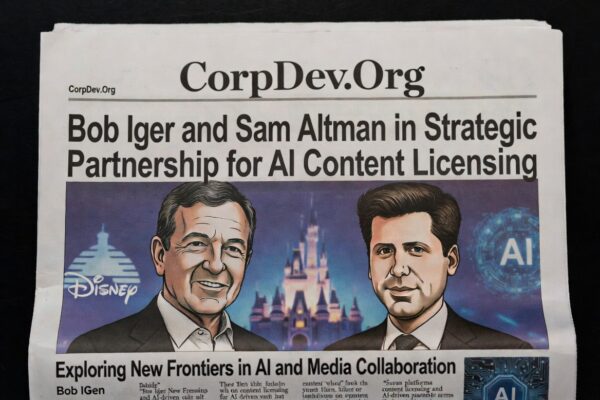Kroger-FTC Dispute: Competition Concerns in the Grocery Retail Sector
Key Highlights:
- The Federal Trade Commission (FTC) has raised concerns about Kroger’s market dominance and pricing strategies, alleging that they limit competition and drive up prices for consumers.
- Kroger has vehemently denied the FTC’s claims, arguing that its pricing strategies are designed to provide value to customers and drive efficiency in the supply chain.
- The grocery retail sector is highly competitive, with Kroger facing intense pressure from rivals like Walmart and Amazon, as well as regional players.
- The FTC has a history of scrutinizing mergers and acquisitions in the grocery sector, highlighting the need for companies to ensure their market strategies do not harm competition.
FTC’s Competition Concerns and Kroger’s Rebuttal
The FTC’s allegations against Kroger stem from concerns that the company’s market dominance and pricing strategies may be stifling competition and driving up prices for consumers. The agency is particularly worried about the impact on regional players and the long-term sustainability of smaller grocery chains. This scrutiny echoes the FTC’s recent inquiries into third-party consulting firms, such as McKinsey & Co., regarding their provision of surveillance pricing services that could potentially facilitate price-fixing and anti-competitive practices.
However, Kroger has vehemently denied the FTC’s claims, arguing that its pricing strategies are designed to provide value to customers and drive efficiency in the supply chain. The company has emphasized that its market share is a result of its ability to offer competitive prices and a wide range of products, rather than any anti-competitive behavior. Kroger’s executives have stated that the FTC’s allegations are unfounded and that the company is committed to maintaining a fair and competitive market environment.
Competitive Landscape and Historical Precedents
The grocery retail sector is highly competitive, with Kroger facing intense pressure from rivals like Walmart and Amazon. Regional players are also increasingly important, as they offer a more personalized shopping experience and often cater to local tastes. This competitive landscape has led to a wave of consolidation in the industry, with mergers and acquisitions becoming a common strategy for survival.
The FTC has a history of scrutinizing mergers and acquisitions in the grocery sector. For instance, the merger between Albertsons and Safeway in 2015 faced significant challenges from the agency, highlighting the need for companies to ensure that their market strategies do not harm competition. Similarly, the proposed merger between Ahold and Delhaize was subject to antitrust scrutiny, demonstrating the agency’s commitment to maintaining a competitive market environment.
Industry Implications and Regulatory Trends
The FTC’s claims against Kroger could have significant implications for the grocery industry. If the agency’s allegations are upheld, Kroger may be forced to alter its pricing strategies, potentially leading to changes in its operations and strategy. This could have a broader impact on the industry’s competitive landscape, potentially influencing consolidation trends and the long-term sustainability





